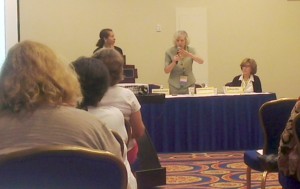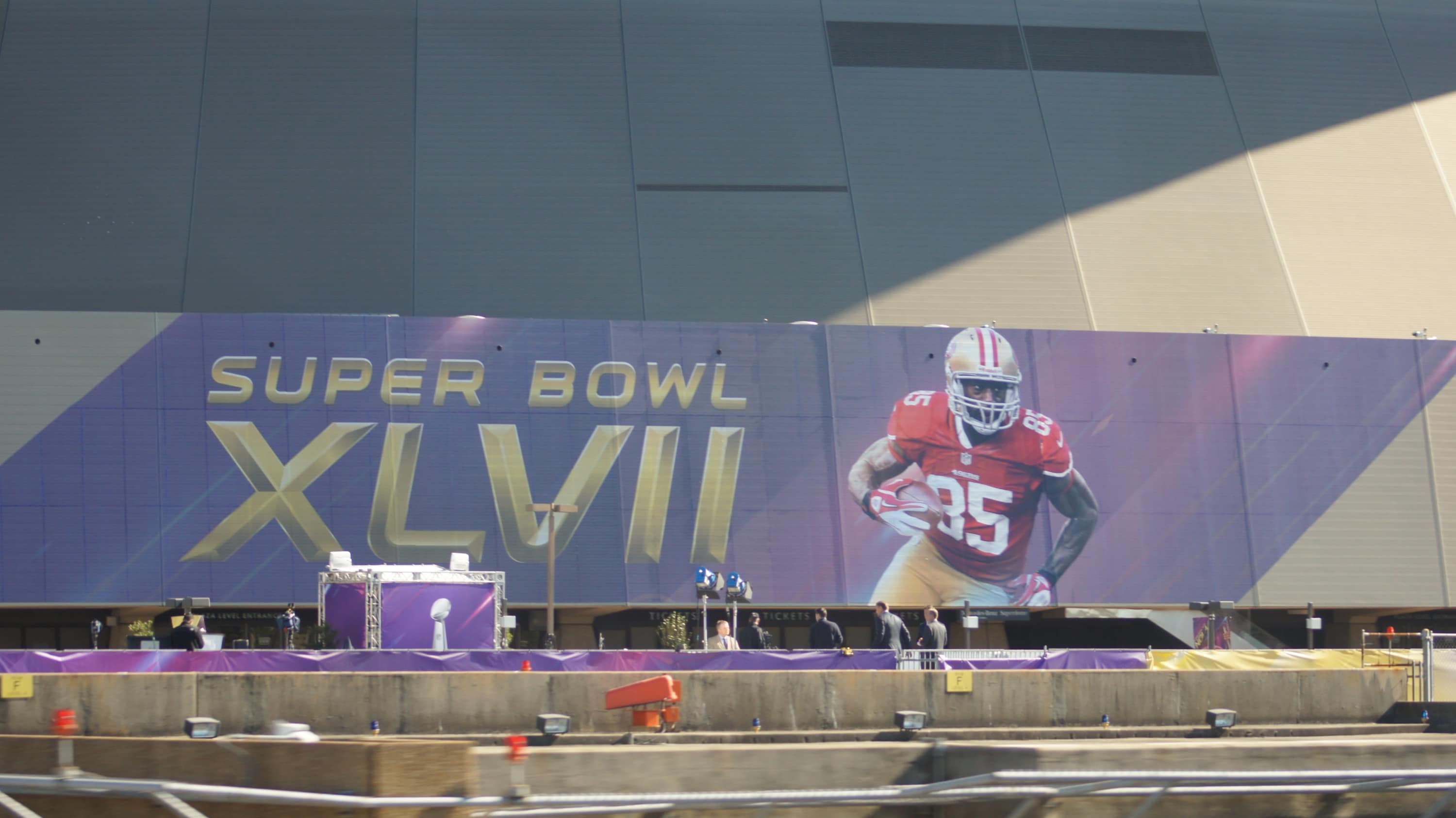This is the 3rd in a series of reflections on my experience at the 2014 National Association of Social Workers conference in Washington, DC, in July 2014.
Social workers have been collaborating with, and lamenting about, the media for as long as I have been in the profession, and probably long before. In the late 1980s, then NASW president Suzanne Dworak-Peck (who I ran into in the exhibit hall at this conference), began an initiative called NCN–the NASW Communications Network. Through NCN, those of us interested in how social workers are portrayed in the media worked to contact and collaborate with TV and film writers and producers to portray social work and social workers accurately. And we contacted them when the portrayal was inaccurate, to let them know and to educate them.
The site SocialWorkersSpeak is sponsored by the NCN. The site monitors various forms of media for accurate portrayal of social workers, interviews social work experts, and reports on social work in the news.
A new generation of social workers is receiving training on becoming “media savvy.” At the 2014 NASW conference, I attended a session titled, “Promoting Media Savvy Social Work Practice.” In this 1.5 hour symposium, Katherine Briar-Lawson, Alyssa Lotmore, and Kathryn Zox shared “teaching tools for media savvy radio production” and explored “how social work utilizes media and radio to advance the profession.”
The presenters described a “Media Savvy Social Work” course at University of Albany/SUNY. Zox is a professional radio host–“your Social Worker with a Microphoneâ¢.” You can hear her on the Kathryn Zox Show on VoiceAmerica. The University of Albany/SUNY School of Social Welfare also hosts the radio talk show, The Social Workers, on Thursdays from 9-10 a.m. Lotmore is a co-host of the show. Briar-Lawson is dean of the school.
In the course, social work students learn how to interview on the radio by using BlogTalkRadio.com as a practice platform. Through this practice, the students get experience both in interviewing and in being interviewed live on air. (The practice interviews are kept on a private setting, so they are not aired publicly.) They play back the practice sessions and critique themselves and their classmates.
The presenters and attendees discussed some interesting points about interviewing and being interviewed on live radio for social workers. One was that of “once it’s out there, you can’t take it back.” As social workers being interviewed or interviewing others on live radio or other media, we need to be mindful of what we say. Another issue was that of confidentiality. As social workers, we interview people about their personal lives every day, and that information is kept confidential within the context of a social worker/client relationship. But if we become radio hosts and use our same interviewing skills, the conversation is very public. So, we need to ask ourselves how far we will go in interviewing a person about his or her mental illness or other personal issues within the context of such a public platform.
The session was thought provoking and educational. As social workers, we have several roles with and within the media. Social workers can serve as experts to whom “the media” look for input on social issues. Social workers can educate “the media” on what we do and who we are. And social workers can also BE “the media.” Regardless of which roles we decide to take on, we can have a “big picture” influence and we CAN become media savvy.







